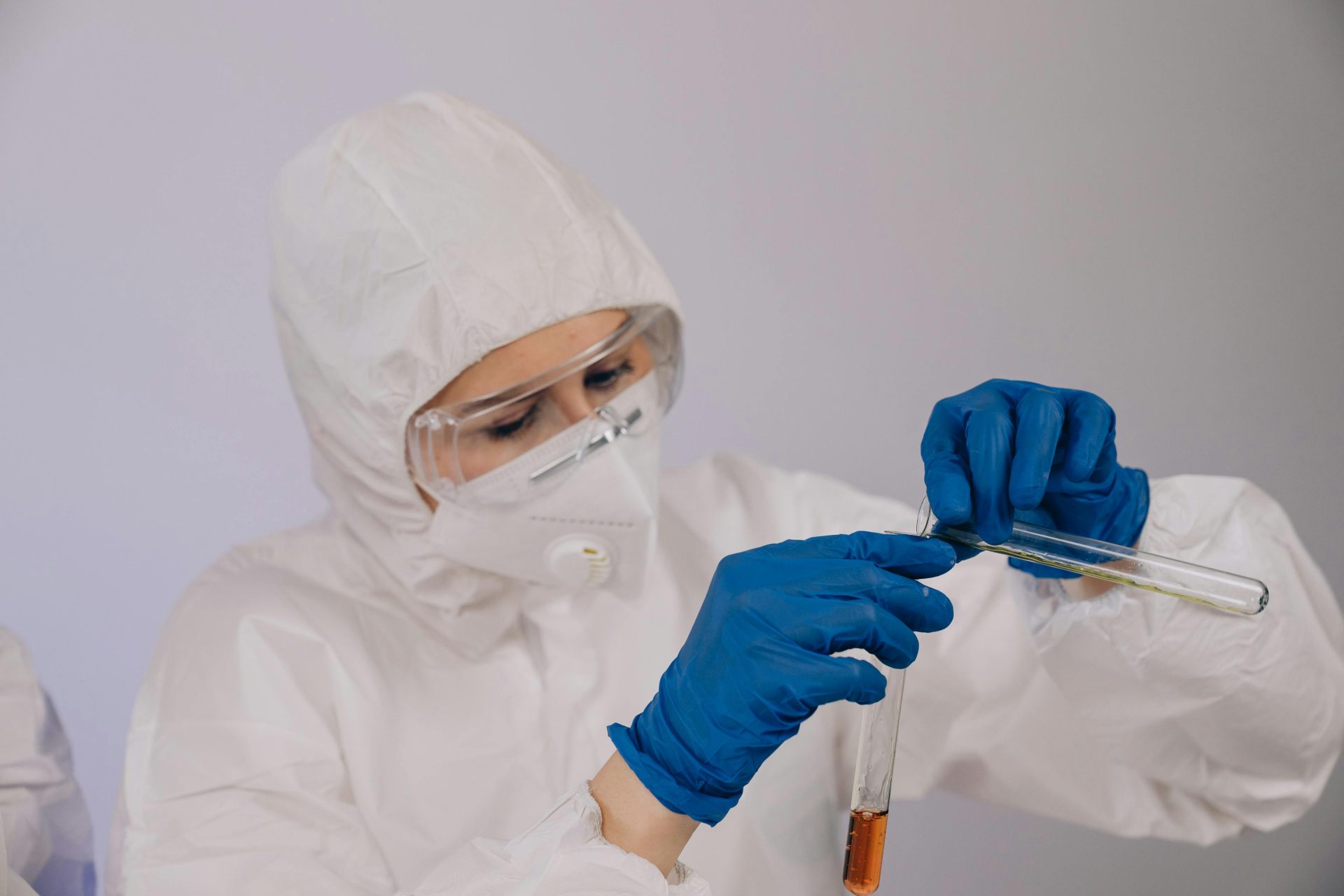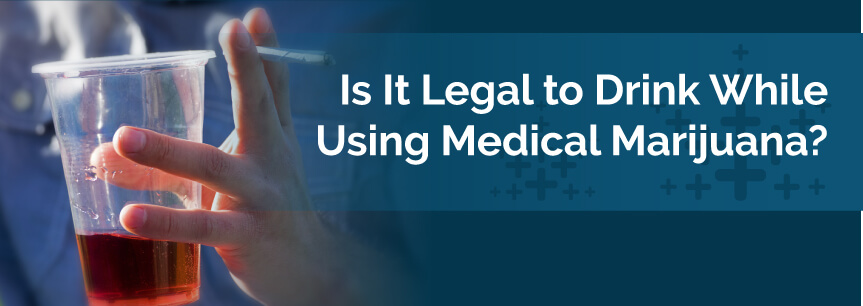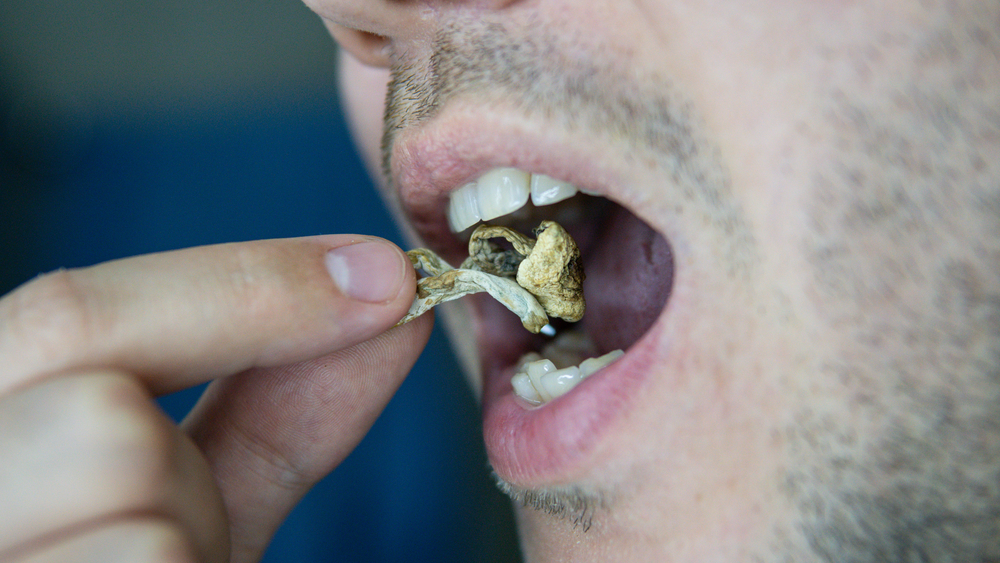As medical and recreational marijuana laws continue to evolve across the U.S., one area remains murky: how cannabis use affects employment drug testing. Whether you’re using marijuana for a diagnosed medical condition or enjoying it recreationally in a legal state, understanding how employers handle drug testing is critical.
This guide offers clear, expert-backed information to help you understand your rights, what to expect in a workplace drug test, and how (tetrahydrocannabinol) THC or (cannabidiol) CBD might affect your employment.
Can You Test for Cannabis?
Yes, you can absolutely test for cannabis. Most drug tests are designed to detect THC, the psychoactive compound in marijuana, rather than CBD, which is non-intoxicating. Testing typically involves urine, saliva, hair, or blood samples, with urine being the most common method for workplace screenings.
Even though many states have legalized cannabis for medical or recreational use, marijuana remains classified as a Schedule I drug under federal law. That means employers, especially those in federally regulated industries like transportation or healthcare, can still enforce zero-tolerance drug policies.
Some states protect medical marijuana users under specific conditions, especially if the role isn’t safety-sensitive. For instance, in Pennsylvania, employers can’t reject you solely for holding a medical marijuana card, but they can disqualify you from jobs where operating heavy machinery or driving is required if you fail a drug test.
Can Your Employer Randomly Drug Test You for THC?
In many states, yes. Employers have the legal right to randomly drug test employees, including testing for THC. The key is whether the role is considered safety-sensitive, meaning the job involves duties where being under the influence could pose a risk to yourself or others.
Even in states where recreational marijuana is legal, such as New Jersey, some employers still test for THC. However, these employers typically cannot take action against employees for off-duty marijuana use unless the job has special safety or legal requirements.
Random testing is most commonly found in industries like:
- Transportation (e.g., trucking, airlines)
- Healthcare
- Construction and manufacturing
- Education (in some cases)
If you’re using medical marijuana, you should know that being a registered cardholder doesn’t always exempt you from these tests. However, depending on your state’s laws, employers may need to make reasonable accommodations unless it causes an “undue hardship.”
Frequently Asked Questions
Will Marijuana Show Up on a Drug Test?
Yes, marijuana is one of the most commonly tested substances in standard workplace drug tests. Most tests look for THC metabolites, not the marijuana plant itself. Even if you’re not impaired at the time of testing, a past use could still lead to a positive result.
Can You Fail a Drug Test if You Have a Prescription?
Yes. Having a medical marijuana card or prescription does not always protect you from the consequences of a positive drug test. Some employers, especially those in safety-critical industries, are still allowed to take disciplinary action or deny employment. Protection depends largely on state law and the nature of the job.
How Long is Marijuana Detected in Urine?
Marijuana can be detected in urine for:
- 1–3 days for occasional users
- 7–10 days for regular users
- 30 days or more for heavy or chronic users
These are general estimates and can vary based on body fat, metabolism, hydration, and frequency of use.
Do Mouth Drug Tests Detect Marijuana?
Yes. Saliva tests can detect THC, especially if the test is administered shortly after use. Typically, marijuana can be detected in saliva for up to 24–72 hours after consumption. However, it’s considered less reliable than urine testing.
What Will Fail a Drug Test?
Aside from marijuana, common substances that can cause a failed drug test include:
- Cocaine
- Amphetamines (including meth)
- Opiates (heroin, morphine, codeine)
- PCP
- Benzodiazepines (e.g., Xanax)
Some legal prescription medications can also trigger positives if not properly disclosed.
How Long Will Drugs Show in a Urine Test?
Detection windows vary by substance:
- Marijuana (THC): 1–30+ days
- Cocaine: 2–4 days
- Opiates: 2–3 days
- Amphetamines: 1–3 days
- Benzodiazepines: 3–7 days
- Alcohol: 12–24 hours
Hydration, metabolism, and the frequency of use can all influence how long drugs stay detectable.
What Drugs Don’t Show Up on a Drug Test?
Most standard tests (like a 5-panel test) won’t detect:
- LSD – Lysergic acid diethylamide
- Psilocybin – Psilocybin (commonly referred to as “magic mushrooms”)
- MDMA – 3,4-Methylenedioxymethamphetamine (commonly referred to as “Ecstasy” or “Molly”)
- Synthetic cannabinoids – A broad class often referred to as “K2” or “Spice”; no single chemical abbreviation due to structural variability
Also, CBD usually doesn’t trigger a positive result—unless the product contains traces of THC.
What is the Most Common Pre-Employment Drug Test?
The urine test is the most widely used pre-employment screening. It’s cost-effective, easy to administer, and can detect a wide range of drugs, including marijuana (THC), opiates, cocaine, and amphetamines.
Some employers may use saliva, hair, or blood tests, but these are less common due to cost and logistics.
How Long Does Marijuana Stay in the System for One-Time Users?
For a single use, THC can stay in your system for 1 to 3 days. However, factors like body fat, metabolism, and hydration can influence the result. Just because you’re a one-time user doesn’t mean you’re in the clear the next day.
Does CBD Show on a Drug Test?
Pure CBD typically does not show up on a drug test. However, many CBD products contain trace amounts of THC, especially full-spectrum CBD. If you consume enough of these products, it can lead to a positive test result for marijuana.
To avoid this, choose broad-spectrum or CBD isolate products and check for third-party lab testing to confirm THC levels.






